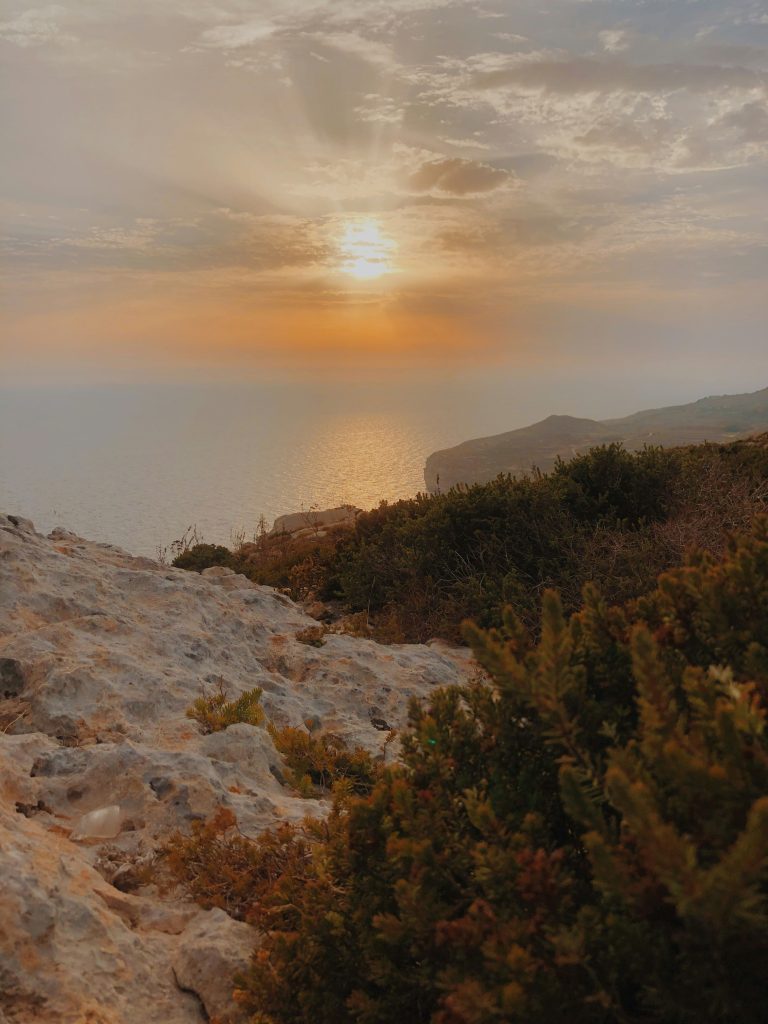Regional Integration in the Mediterranean: Moving out of the Deadlock?

This research report is the last of a series of case studies conducted by Notre Europe on contemporary trends in political and economic regionalisation.
The study takes stock of current trends in regional integration processes in the Mediterranean. Examining regional dynamics on both the North-South and South-South axis, the study argues that political and structural impediments continue to hamper regional integration. While North-South cooperation seems to be moving out of its temporary impasse, the Euro-Mediterranean project has changed its character and has become increasingly fragmented.
South-South integration, similarly, has made a step forward with the establishment of GAFTA and the Agadir Process, but remains weighted down by a lack of political commitment and serious structural impediments. In the absence of political support, globalisation has further accentuated a growing trend towards regional fragmentation.
Movement towards deeper integration therefore remains primarily limited to a bilateral level. In order to prevent a further fragmenting of the Mediterranean region and to assist southern Mediterranean countries to overcome structural barriers to integration, the study recommends a greater emphasis on interregional cooperation and moreEuropean support for South-South integration.



